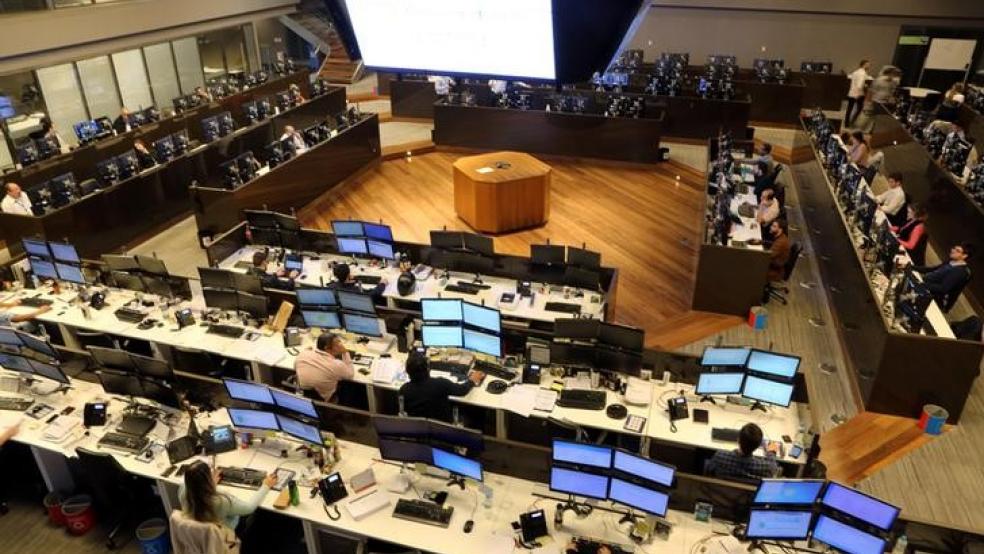RIO DE JANEIRO (Reuters) - Brazil's central bank chief on Friday renewed his commitment to slash inflation to the center of a government target by the end of 2016, signaling more interest rate hikes in Latin America's largest economy.
Speaking at a central bank event in Rio de Janeiro, Alexandre Tombini stressed that policymakers would remain "vigilant" to ensure the inflationary impact of sharp rises in government-managed prices this year does not spread out into 2016 and beyond.He said the central bank was focused on bringing consumer inflation, currently running at an 11-year high of 8.2 percent, back to the midpoint of a government target that ranges from 2.5 percent to 6.5 percent."This is our commitment, and we'll do whatever is necessary to meet it," Tombini told reporters after delivering his speech.Economists said his comments suggest the central bank will continue to raise the benchmark Selic rate, currently at 13.25 percent, despite a looming recession."Tombini's tone remains very hawkish," Santander Securities strategist Sandro Sobral wrote in a note to clients. Investors in the interest-rate futures market have already priced in a Selic at 14 percent by the end of the year, Sobral added.Brazil central bank chief vows to slash inflation by end-2016

UESLEI MARCELINO



